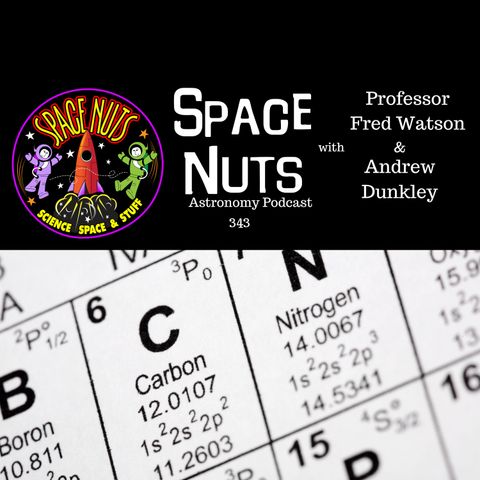A Cosmic Cannibal: Uncovering the Mystery of the Loneliest Galaxy in the Universe | Space Nuts #343

Download and listen anywhere
Download your favorite episodes and enjoy them, wherever you are! Sign up or log in now to access offline listening.
Chapters
Description
When an ambitious astrophysicist discovers a lone galaxy 9.2 billion light years away, she unravels the mystery of a fossil cluster, uncovering an unexpected twist in the evolution of carbon...
show moreInformation
| Author | bitesz.com |
| Organization | bitesz.com |
| Website | spacenuts.io |
| Tags |
Copyright 2024 - Spreaker Inc. an iHeartMedia Company


Comments